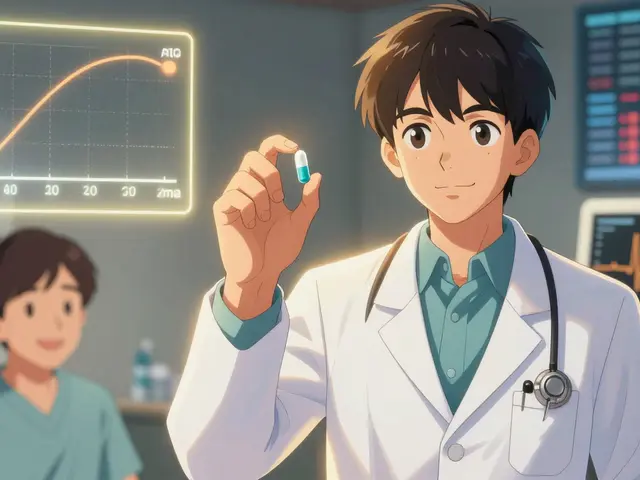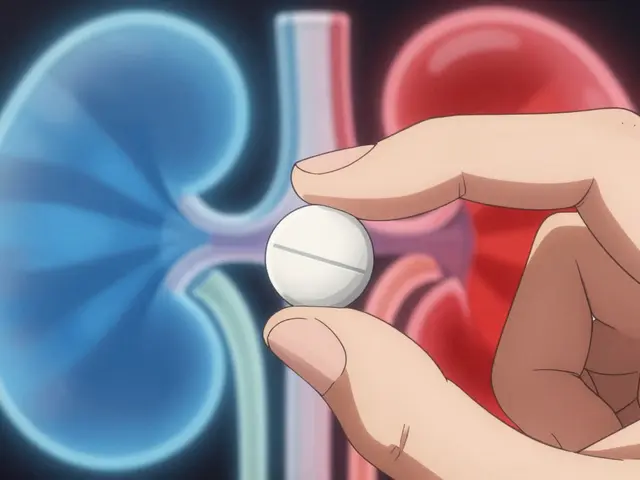Plastic waste: how it hits your health and what you can do now
Plastic is everywhere — the bottle by your sink, the bag at the store, the wrap on your lunch. That convenience comes with a cost: plastic waste pollutes land and water, and chemicals from plastics can affect hormones, fertility, and overall health. You don’t need to become an activist overnight. Small, consistent changes cut both pollution and your personal exposure.
Why plastic waste matters for your health
Some plastics leach chemicals like BPA and phthalates. Studies link these chemicals to lower sperm count, changes in testosterone, and other hormonal shifts. Microplastics — tiny particles under 5 mm — turn up in water, food, and even the air. We’re still learning the full health impact, but reducing exposure is a sensible move, especially if you’re trying to protect reproductive health or reduce inflammation.
Beyond chemicals, plastic waste damages the environment that supports food and water. Polluted waterways can affect fish you eat. Burning plastic releases toxic fumes. All that adds up to more ways plastic can affect daily health and long-term well-being.
Simple steps to reduce plastic waste today
Start where it’s easy. Carry a reusable water bottle and a coffee cup. Use cloth bags for groceries. When you shop, choose loose produce over pre-wrapped items. These habits reduce single-use plastic quickly and save money.
Switch food storage to glass or stainless steel. Heat food in ceramic or glass, not plastic, to avoid chemical leaching. Buy frozen or bulk foods in paper or cardboard when possible. If you do use plastic containers, pick those labeled BPA-free and avoid old, scratched plastics.
Refuse freebies that end up in the trash — plastic straws, single-use utensils, and promo swag. For work or travel, keep a small kit: cutlery, straw, and a collapsible container. When eating out, ask the restaurant not to include plastic cutlery or bags.
Recycle smart: rinse containers, check local rules, and separate items correctly. Not everything with a recycling symbol gets recycled locally. Compost food scraps instead of using biodegradable plastic bags that often end up in landfills anyway.
Make a plan to replace one habit per month. Swap plastic razors for a safety razor. Choose bar soap over bottled body wash. Buy a refillable shampoo bottle when possible. Each swap cuts waste and reduces repeated exposure to plastic chemicals.
Support better systems by choosing brands that use minimal packaging or offer refills. Vote with your wallet and your ballot: local policies on plastic bans, bottle returns, and waste collection make a bigger difference than one person’s choices alone.
If you’re concerned about fertility or hormone issues, mention plastic exposure to your doctor. Simple blood tests and lifestyle changes can help identify risks and improve outcomes. Small actions at home add up to cleaner water, less littered streets, and fewer chemicals in your body.
Pick one change today. Carry a bottle, toss the single-use straw, or swap one food item out of plastic. Those small steps reduce plastic waste and protect your health — and that’s something worth doing.

Innovative Recycling Initiative: Turning Plastic Waste into Sustainable Sidewalks
In a groundbreaking move, Japanese toilet manufacturer Lixil Corp introduces 'Revia', a revolutionary building material blending recycled plastic with wood chips. Aimed at replacing traditional concrete or wood in outdoor infrastructures like sidewalks and benches, Revia promises to significantly reduce plastic waste.




